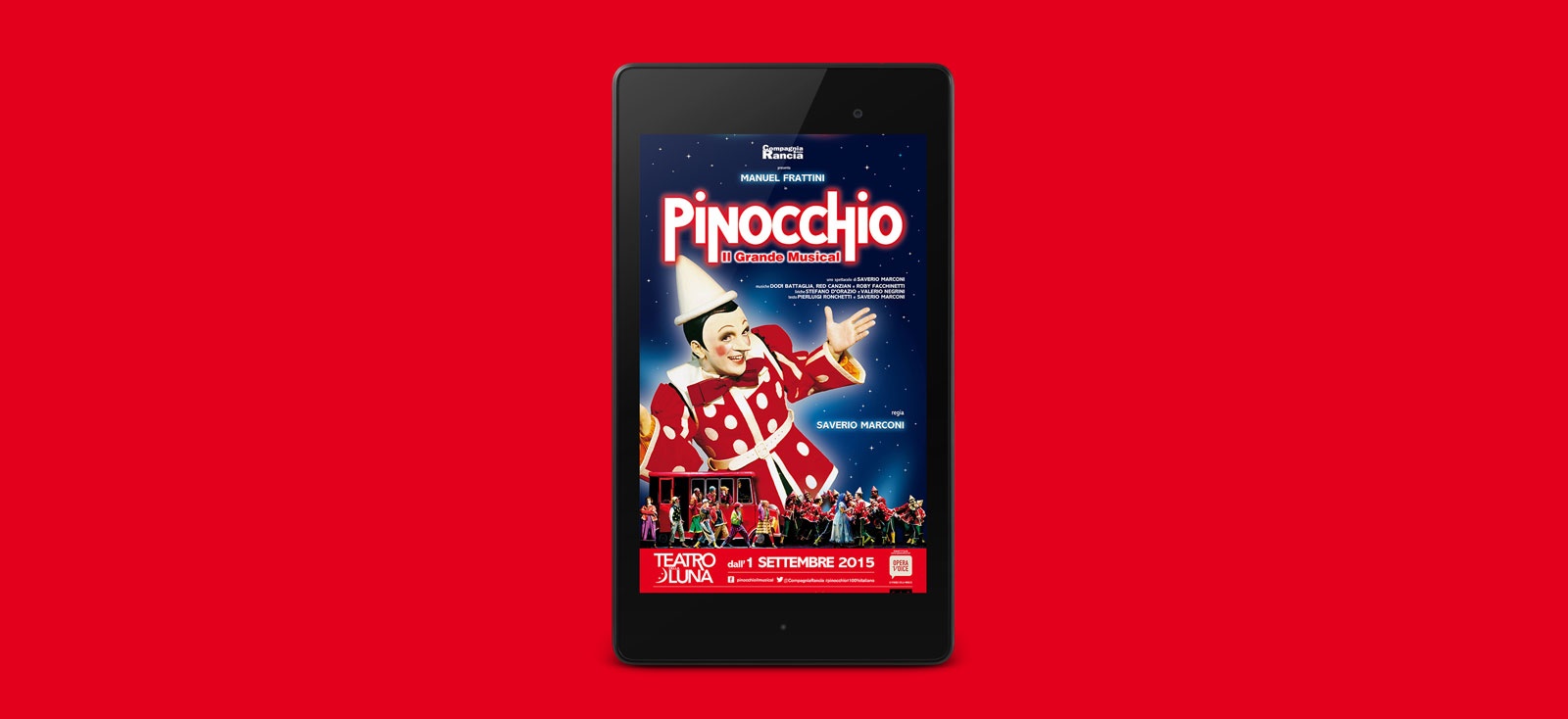Opera Voice project: new developments
We've been the technological partner with Opera Voice since the inception. It’s a unique project where you will see a rare combination of experts working together such as sound & video technicians, subtitling professionals and mobile developers with an aim to provide exceptional titling service.
It's acomplete titling service. It was essentially designed for opera theatre but its feasibility was realized for other performing arts too. It is one of a kind in the entertainment field. And thus we can say that Opera Voice is a pioneering project in the mobile application system which sends the titling to smart phones and mobile devices.
Nephila developed the technological infrastructure of the Opera Voice. Of course we developed it in phases in cooperation with the client. Opera Voice consists of two parts: a platform and a network. Read below to learn how the system works. The platformconnects to mobile devices and the titling of the event in progress is sent through wireless connection. It's a multilingual service which aims to engage an international audience coming from different countries.
Users can choose the language that suits them the best and they can get in tune with the characters on stage. One of the best feature of this titling system is it allows deaf people to enjoy the show at its best. Through the app, users can enjoy many special features such as the libretto, photo stills, the music sheets etc. All that spectators have to do is to download “Opera Voice” App – available both on Android and Apple store – and to connect to the network.
The infrastructure network, which conveys information to users, is a dedicated intranet. To design the best solution, Opera Voice technicians carry out a location survey. This stage helps in defining the specific data for the network installation, which is assembled on-site, few days before the performance. The technicians, on customer request, can assemble a temporary infrastructure or a fixed one as well.
Many theaters are equipped with the traditional titling system. Opera Voice integrate and interact perfectly with this system via a multi-function server. In fact, with a single click people can control both the projector and the data that have to be sent to mobile devices.
Moreover, this titling system can be integrated in live broadcast events. A first experiment in this sense was made with the opera Der Rosenkavalier by Richard Strauss.
Opera Voice went through various development phases. The basic concept had been already outlined in the early 2000s however at that time the technology was not sufficiently mature. We had to wait long before we could accomplish the project and improve it. Opera Voice made its official debut in 2011 at Florence's Teatro del Maggio. Then the real bet phase started: after the debut, in fact, the project was further developed in Innovation Technology Park “Le Murate” till it became an advanced product.
Pushed by Milan's Expo, many theaters are now demanding the Opera Voice service that could enable the international audiences to enjoy Italian performances. Rancia acting company was the first to adopt Opera Voice service. The Opera Voice titling system will also be seen included in PINOCCHIO – The Great Musical encores, which will be staged at La Luna theater opening night on 1 September 2015. Opera Voice will allow viewers to get in touch with Pinocchio's wold before the curtain opens. Both lyrical parts and prose ones will entirely be surtitled in Italian, English and Chinese languages.

